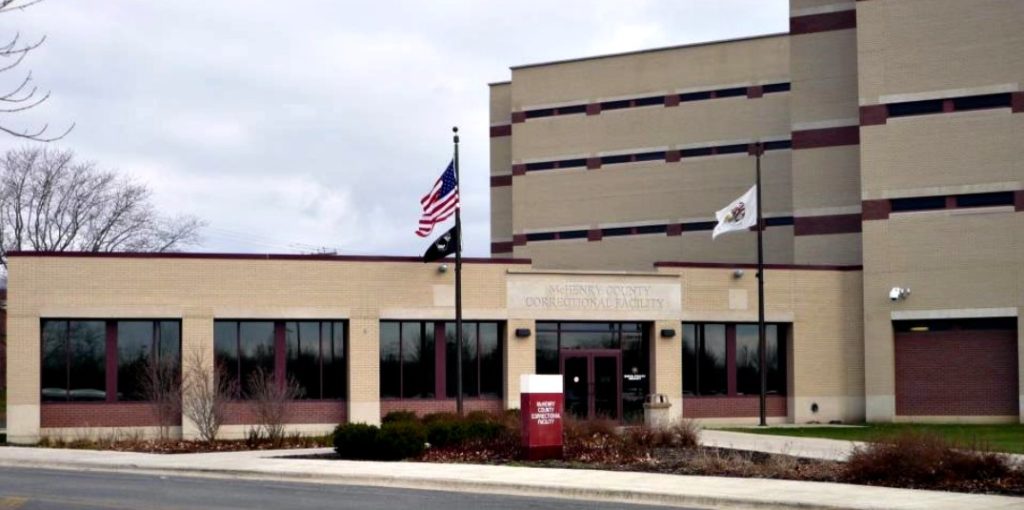Nonviolent offenders could walk out of jail without having to post a cash bond.

On January 1st, 2018 the Bail Reform Act went into effect. The Act requires individuals to be placed into tiers or categories based on the charge and the individual’s financial situation. Bail is determined based on which category the offender falls under. Category A offenses are typically a minimum Class 2 felonies or cases that involve violence. Category B offenses are lesser non-violent offenses that do not involve violence and are the cases most affected by this legislation.
The goal? To minimize the detention of long-term offenders whose charges are considered minor but they cannot afford bail. Before the reform, offenders that were considered low-level or nonviolent could spend months or even years in jail for the sole reason that they could not afford to pay the amount to bail themselves out.
Since the reform went into effect in January, judges of McHenry County have issued 190 recognizance bonds according to the McHenry County Circuit Clerk’s Office. Recognizance bonds allow those in jail to be released by their own signature, their own recognizance, instead of a monetary bond.
What are considered nonviolent crimes?
- Theft
- Drug Possession
What would be considered violent crimes?
- Sex Crimes
- Domestic Batteries
Other Changes from the Bail Reform Act
When new inmates are processed and read their rights, the bail reform act requires an attorney to be available for them in court the following morning. The McHenry County Board approved the hiring of an additional attorney for the public defender’s office. Records show the cost of the additional position was $61,832 and will be covered by funds transferred from the Department of Health and the McHenry County Treasurer’s Office.















